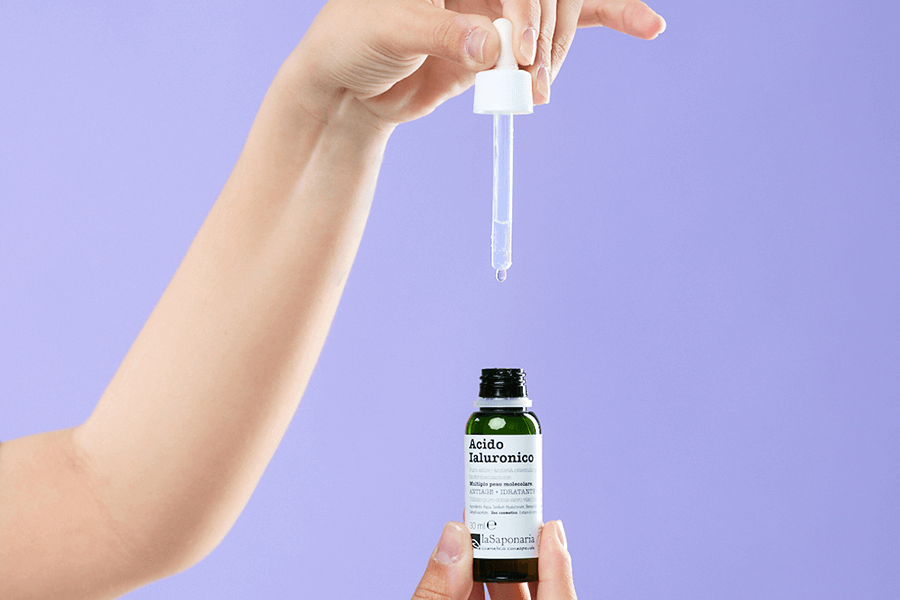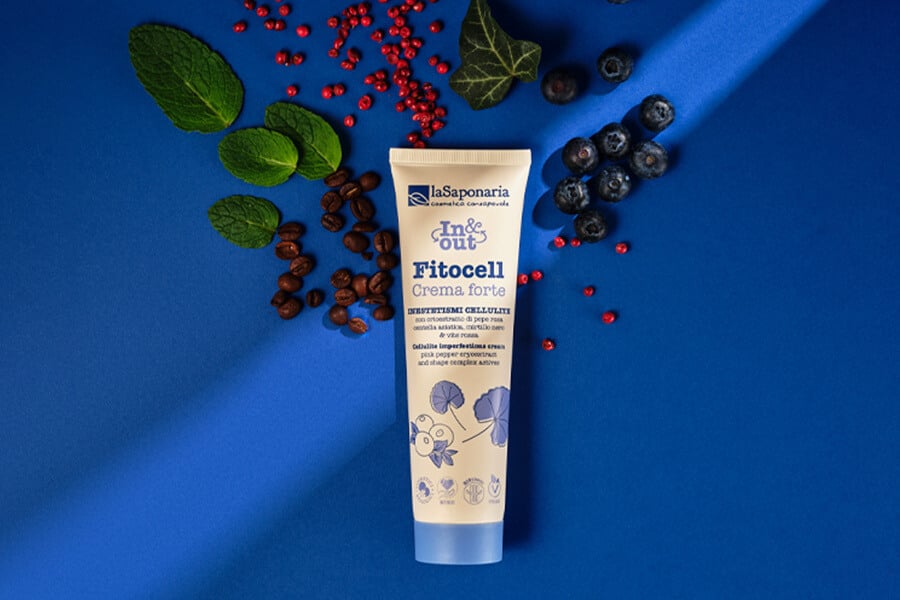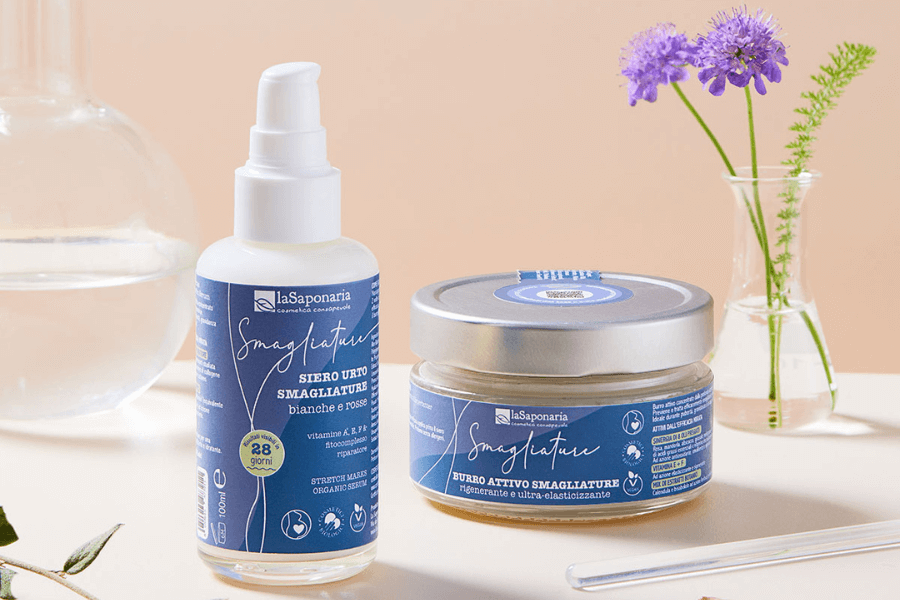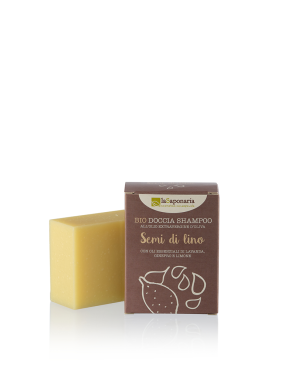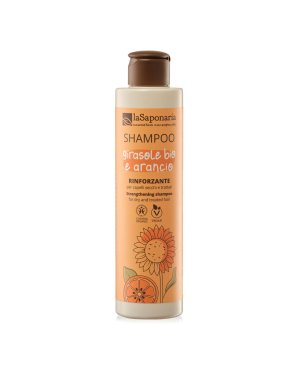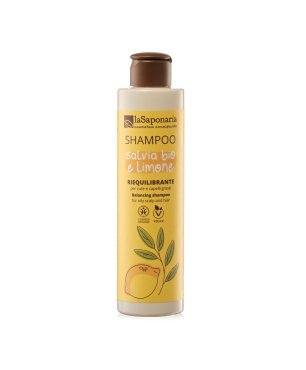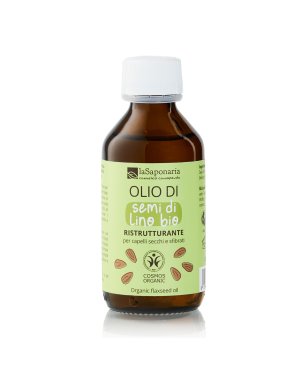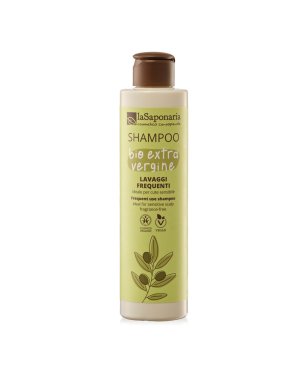- Call us! +390721 911004
- Write a message
- Whatsapp +39 377 3844777
- Become a reseller
- Test and E-book
- Location and contacts
-
MenuBack
-
Organic cosmetics
-
-
space
-
-
-
-
-
-
-
Discover your routine
-
-
Skin care
-
Hair care
-
Body Care
- Best sellers
- Routines
-
DIY
-
-
space
-
-
-
-
-
-
PRODUCTION TOOLS
-
-
DOWNLOAD THE RECIPES
-
-
-
Organic library
-
-
BEAUTYBLOG
-
-
-
GLOSSARY
-
-
-
DO-IT-YOURSELF RECIPES
-
-
-
TEST AND E-BOOK
-
-
About us
-
-
space
-
-
-
-
-
PHILOSOPHY
-
-
-
NATURAL COSMETICS
-
-
-
FLAGSHIP STORES
-
-
-
Sustainability
-
-
space
-
-
-
BENEFIT COMPANY
-
-
-
ETHICAL CHAIN
-
-
-
SUSTAINABLE PACKAGING
-
-
-
SUSTAINABILITY IN THE COMPANY
-
-
-
Supported projects
-
NOTICES AND AWARDS
-
-
-
Business Area
-
-
space
-
-
-
OPEN A FLAG SHIP STORE
-
-
-
BECOME A RESELLER
-
-
-
PRIVATE LABEL
-
ACCOMMODATION FACILITIES
-
-
-
RESELLERS LOGIN
-
-
-
Resellers
-
-
RESELLERS RESOURCES
-
-
-
OPEN A FLAGSHIP STORE
-
ACCOMMODATION FACILITIES
-
PROMOTIONAL MATERIAL
-
-
-
RESELLERS NEWS
-
REGISTER YOUR SHOP
-
-
-
BODY CARE LINE 2025
-
-
-
CHRISTMAS GIFT
-
-
- Store locator
Flax seed

INCI NAME:
Linum Usitatissimum Seed Extract, Linum Usitatissimum Seed Oil
ORIGIN:
Vegetal
FUNCTION:
Moisturizing, antioxidant, restructuring, anti-inflammatory
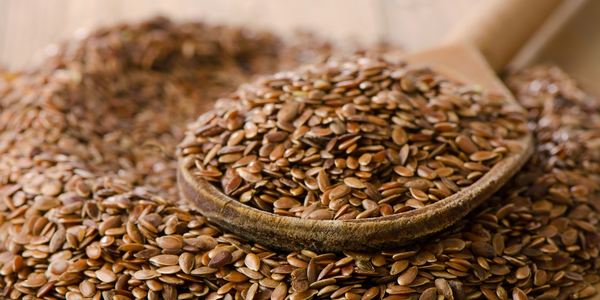
This is an automatic translation
The flax plant (Linum usitatissimum) belongs to the Linaceae family, it flowers between April and September and the seeds can be collected between July and September when they are ripe. Flax seeds are oval in shape, smooth, shiny and sharp. It is assumed that the first crops were located in Ethiopia and Egypt, about six thousand years ago, reaching our continent in the pre-Roman era. Flax has always been grown to obtain textile fibres, but also for linseed oil, much appreciated for its beneficial qualities and for the flour obtained from the seeds. Later it was discovered that even the seeds have good properties for the body and their consumption has spread.
The properties of flax seeds are many: they are rich in fatty acids, including omega 3, omega 6 and 9, useful for reducing cholesterol and with great anti-inflammatory properties, but also in minerals and vitamins and therefore able to cure dysfunctions intestinal.
From a cosmetic point of view, flaxseed oil (Linum Usitatissimum Seed Oil), applied to the skin, has moisturizing qualities and gives elasticity to the tissues. In fact, it contains linoleic acid, a substance that helps regulate skin hydration and exerts an elasticising action. Linseed oil can be used both on the skin of the face and on the skin of the body and is particularly suitable in areas that tend to have dehydrated skin more easily, such as elbows and knees.
Linseed oil also performs a powerful antioxidant action mainly due to the presence of lecithin and vitamin E, thus proving to be an excellent natural anti-aging remedy.
Flax seeds are often found in products aimed at hair well-being: rich in minerals and omega 3, these precious seeds are perfect for restructuring the fiber of any type of hair, especially damaged, brittle, dry and dull hair. Their use is therefore strongly recommended in the summer, on hair sensitized by exposure to the sun and by salt or chlorine, or on hair stressed by chemical treatments such as dyes and perms or by the frequent use of hair dryers and straighteners.
Instead, the Linseed extract (Linum Usitatissimum Seed Extract) helps to reduce the inflammatory states of the epidermis and is indicated in the treatment of irritated or sensitive skin. Some tests have demonstrated the effectiveness of the compound in inhibiting the biosynthesis of the ICAM-1 protein involved in inflammatory processes of the skin.

